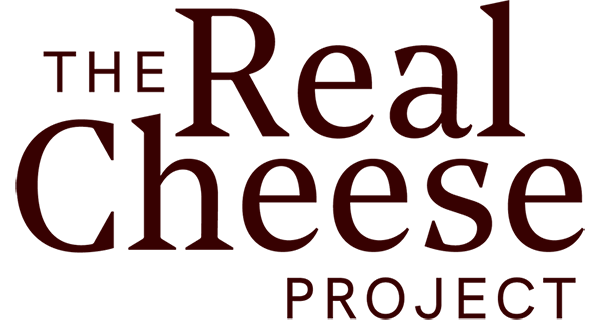A visit to Mrs Temple’s Cheese
Rising business costs, climate change and a passion for wildlife preservation have all been catalysts for husband and wife team, Stephen and Catherine Temple to implement circular economy practices on their farm in Wells-next-the-Sea, Norfolk.
Having taken the reins at the farm in 1998, following careers in tropical agriculture, the couple now use waste from the cattle, crop growing and dairy to produce heat and energy for the cheesemaking process. They are working towards net zero, improving soil health and collaborating with local organisations to protect wildlife and waterways.
Runners up in the CREAM Awards for Climate Sensitive Farming in 2023, Mrs Temple’s Cheese is a wonderful example of how real cheese can be a force for good when it comes to people and planet.
Here, Amy Brice interviews cheesemaker, Dr Catherine Temple, to find out how renewable energy has impacted the business, and of course their cheesemaking.
WHY DID YOU DECIDE TO GENERATE RENEWABLE ENERGY ON THE FARM?
My husband and managing director of the farm, Stephen has made a career in energy efficiency, so in response to the global cost fluctuations of things like fertiliser and energy, farm outputs and of course climate change, renewable energy seemed like an appropriate direction for our business. We have an abundance of materials suitable for anaerobic digestion on the farm, and this helps us meet our obligations for the management of slurry and organic wastes from our cattle and cheesemaking, as well as protecting the water supply from pollution.
WHAT HAS BEEN IMPLEMENTED?
Anaerobic digestion, which is a natural oxygen-free process, where microorganisms break down organic matter to release methane which can then be used in a combined heat and power plant to produce heat and energy. We explored other routes, such as wind-power and burning grain, but with so many resources, such as slurry, whey and crops available to us, anaerobic digestion was the most cost-effective path for implementing renewable energy. This year, we have also added solar panels to the cattle housing roofs, adding to our onsite energy generation when the fuels for anaerobic digestion have been reduced by the impact of adverse climate conditions on plant growth.
WHAT OTHER SUSTAINABLE FARMING INITIATIVES HAVE YOU BEEN WORKING ON?
As well as generating energy, we have also been working on reducing our energy requirements by adopting regenerative farming methods. By implementing no-till and strip-till methods, which protect the soil, we have greatly reduced tractor fuel requirements and improved soil health.
On the farm, we also grow a mixed crop of legumes and oats – the beans fertilise the oats and the oats protect the beans from weeds and disease, which means our inorganic fertiliser requirements are reduced. These crops also make nutritious cattle food, which avoids the need to import soya.
The cattle also gain additional protein from Lucerne, a leafy legume which is a great perennial crop for improving soil health. It is sown once every five years, and has deep roots and nitrogen fixing nodules too, so builds nitrogen in soil for any following crops. We have reduced fungicide and insecticide use, which further reduces our oil requirements for tractor use.
DOES FARMING IN THIS WAY RESULT IN BETTER CHEESE?
As we took steps to be more sustainable, we switched to Brown Swiss cattle, a robust long-lived animal, which is suited to outdoor grazing. They also produce a better cheesemaking milk. Healthy soil with an active microbiome supplies a greater range of nutrients to growing plants, which are then transferred to animals fed from that land, which also impacts the flavour of the milk.
WHICH CHEESES DO YOU MAKE?
We make six cheeses in total, including Binham Blue, a semi soft blue veined cheese, Walsingham, a hard pressed mature cheese, Copys Cloud, a white rind soft cheese, Gurney’s Gold with a golden washed rind, Wighton, a fresh Coulommier-style and Wells Alpine, a mountain style cheese celebrating our Brown Swiss cattle.
CAN PEOPLE VISIT YOUR FARM?
We hold open days in aid of village fundraisers, which are publicly advertised, and we welcome community groups by appointment.
WHERE CAN WE BUY YOUR CHEESE?
It is widely distributed through independent retailers in East Anglia and available online at sonofchristie.co.uk or norfolk-deli.co.uk.
Visit Mrs Temple’s Cheese.

